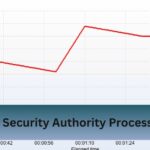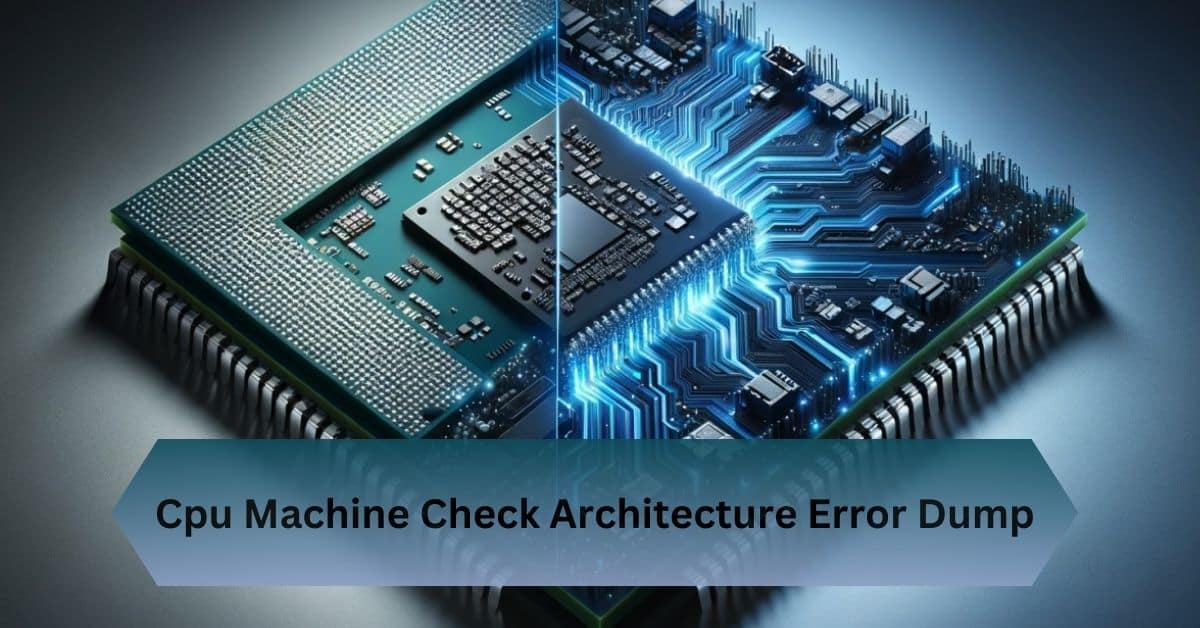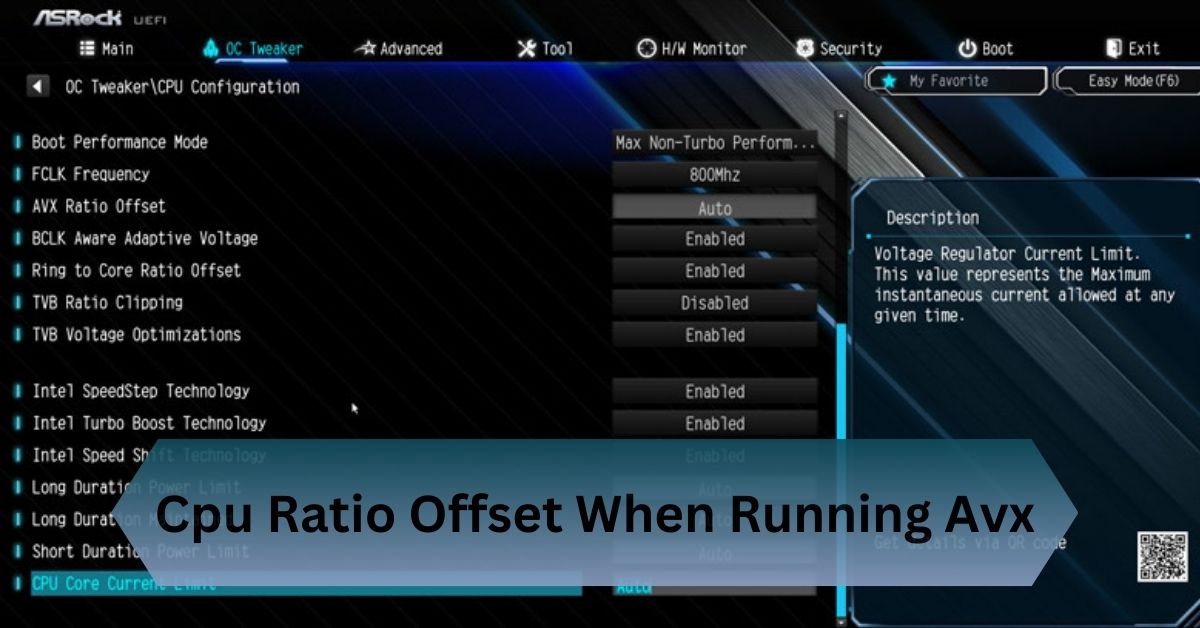Among these is the Machine Check Architecture (MCA), a critical feature in CPUs designed to detect, diagnose, and log hardware-related errors. If you’ve ever encountered a system crash or mysterious error logs referencing an “MCA Error Dump,” you might wonder what it means, why it happens, and how to fix it.
A CPU Machine Check Architecture (MCA) Error Dump logs critical hardware issues like CPU faults or memory errors, aiding in diagnosing crashes and ensuring system stability.
Unlock the secrets of your system’s health with CPU Machine Check Architecture error dumps!
Table of Contents
What Is Machine Check Architecture (MCA)?
The Machine Check Architecture (MCA) is a robust error detection and reporting mechanism embedded in modern CPUs, such as those from Intel and AMD. Its purpose is to identify hardware issues that could compromise system stability, performance, or data integrity.
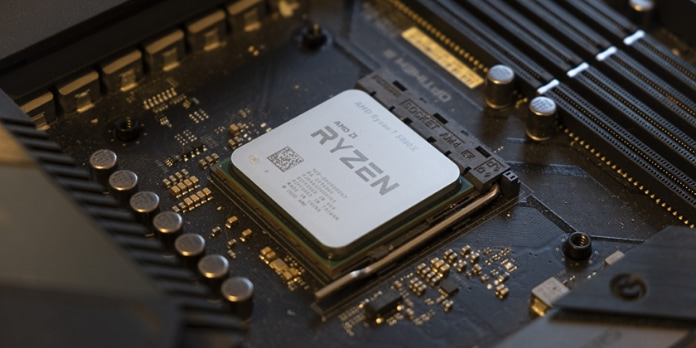
MCA works in tandem with the CPU’s Machine Check Exception (MCE), a type of interrupt triggered when the system detects an error.
These exceptions can range from minor correctable faults (e.g., bit flips in memory) to severe uncorrectable errors (e.g., hardware failure), which often lead to system crashes.
Understanding Machine Check Architecture (MCA)
Definition and Role of MCA in Modern CPUs:
Machine Check Architecture is a built-in feature in most modern processors designed to monitor and report hardware-level issues. It functions as an automated watchdog, keeping an eye on critical operations like memory transactions, power supply consistency, and CPU processing.
How MCA Detects and Reports Errors?
MCA relies on built-in sensors and error detection mechanisms in the CPU to identify abnormalities. These errors can include parity errors in memory, cache issues, or voltage fluctuations. When an error is detected, MCA generates an error code, often saved in the system logs.
Common Errors Detected by MCA:
- Memory parity errors.
- Cache coherency issues.
- Voltage instability.
- Processor internal errors.
Common Scenarios Leading to MCA Errors:
MCA errors typically arise from hardware malfunctions, incorrect system configurations, or external factors like overheating. Some typical scenarios include:
- A failing memory module causing repeated parity errors
- Overclocked CPUs leading to instability
- Power supply fluctuations affecting system stability
Key Causes of CPU Machine Check Architecture Errors

Hardware Failures:
The most common cause of MCA errors is hardware failure. Faulty processors, memory modules, or motherboards can trigger these errors. Memory issues, such as bad sectors or unstable modules, are particularly common culprits.
Thermal and Power Issues:
Excessive heat is the nemesis of stable CPU performance. Poor thermal management or power supply inconsistencies can strain the system, triggering MCA errors. Maintaining an optimal temperature and using a high-quality power supply unit can mitigate these risks.
Overclocking or Misconfiguration:
Overclocking, while popular for boosting performance, often pushes hardware beyond its intended limits, increasing the likelihood of MCA errors. Similarly, incorrect BIOS or UEFI settings can destabilize the system.
Software-Level Causes:
Software bugs, outdated drivers, or compatibility issues between the operating system and hardware can also lead to MCA errors. Ensuring your software environment is up-to-date is key to avoiding such problems.
Read Also: Amd Adrenalin Not Showing Cpu Temp – Troubleshooting Guide!
How to Identify and Analyze MCA Error Dumps?
Tools for Error Dump Analysis:
Modern operating systems come equipped with tools for analyzing MCA errors. On Windows, the Event Viewer is an excellent resource, while Linux users often rely on mcelog or journalctl.
Steps to Use Event Viewer:
- Open Event Viewer via the Start Menu.
- Navigate to the “System” logs under “Windows Logs.”
- Look for entries labeled “Machine Check Exception.”
Decoding the Error Codes:
Every MCA error dump contains a unique code, which provides insights into the error’s nature. Understanding these codes requires familiarity with your CPU’s architecture and the documentation provided by manufacturers.
Example of an Error Dump Analysis:
Consider the following error dump:
Error Code: 0x0000009c
Processor: Core 1
Details: Cache Hierarchy Error
Steps to Fix CPU Machine Check Architecture Errors
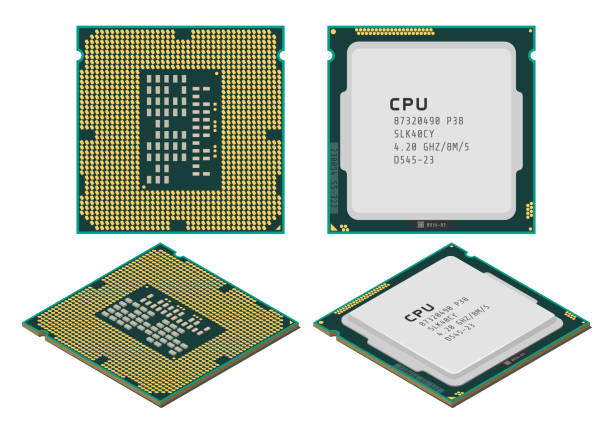
Immediate Actions:
When confronted with a Machine Check Architecture (MCA) error, taking swift action can prevent further damage. Here are the immediate steps you should take:
- Restart the System: Restarting clears temporary errors. While this might seem basic, transient glitches can sometimes cause MCA errors.
- Inspect Hardware Connections: Check for loose connections, especially for components like RAM, CPU, and power cables. Improperly seated hardware is a common culprit.
- Reset BIOS/UEFI Settings: If you recently overclocked your CPU or made changes to BIOS/UEFI settings, reset them to default. This ensures stability and rules out misconfiguration as a cause.
- Monitor System Temperature: Use diagnostic tools like HWMonitor or BIOS utilities to check your system’s temperature. Overheating is a major factor, so ensure your cooling system is functioning properly.
Long-Term Fixes:
If immediate actions don’t resolve the issue, more in-depth solutions are needed:
- Update Firmware and Drivers: Outdated BIOS firmware or device drivers can cause MCA errors. Regularly check the manufacturer’s website for updates.On Windows, you can use Device Manager to identify outdated drivers.
- Run Diagnostic Tools: Use tools like MemTest86 to test RAM for errors.
- CPU-specific utilities, such as Intel Processor Diagnostic Tool or AMD Ryzen Master, help identify processor-related problems.
- Stress Test Hardware: Applications like Prime95 and AIDA64 can stress test your CPU, memory, and other components to identify weak points.
Read Also: 2vcpu – Power Of 2vcpu For Scalable Solutions!
When to Replace Hardware?
If diagnostics reveal persistent faults, replacement may be the only viable option. Focus on the following:
- Memory Modules: Replace if MemTest86 indicates errors.
- Power Supply Unit (PSU): A failing PSU can cause voltage irregularities.
- CPU or Motherboard: Consult a professional if these components exhibit issues, as their replacement can be costly.
Preventing CPU Machine Check Architecture Errors
Regular Maintenance Practices:
Preventive maintenance can significantly reduce the likelihood of MCA errors:
- Clean Dust Build-Up: Dust impairs cooling and can lead to overheating. Regularly clean your system’s interior using compressed air.
- Inspect Cooling Systems: Ensure that fans and heatsinks are functioning optimally. Consider using liquid cooling solutions for high-performance setups.
- Apply Thermal Paste: Reapply thermal paste to your CPU every couple of years to maintain efficient heat transfer.
Best Practices for System Configuration:
Optimized settings can enhance system stability:
- Avoid aggressive overclocking unless you’re certain of your system’s capabilities.
- Stick to recommended voltage and frequency settings for your CPU and RAM.
- Use BIOS/UEFI updates cautiously, ensuring they’re from trusted sources.
Ensuring Software-Hardware Compatibility:
Software mismatches can destabilize a system. To avoid this:
- Keep your operating system updated. Regular patches address bugs and compatibility issues.
- Use certified hardware for critical applications. Compatibility lists from manufacturers can help guide purchases.
Tools and Resources for Diagnosing MCA Errors
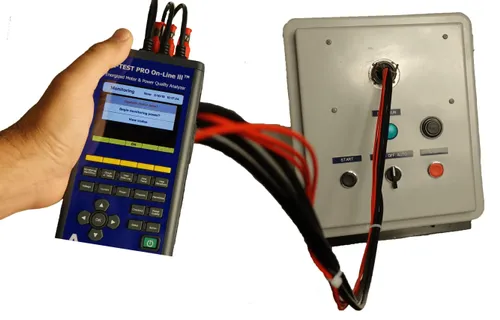
Built-In Operating System Tools:
Modern operating systems come with built-in diagnostic tools. Examples include:
- Windows: Event Viewer and Windows Memory Diagnostic.
- Linux: mcelog and journalctl.
Third-Party Diagnostic Software:
For more advanced analysis, consider these tools:
- AIDA64: Comprehensive diagnostic and benchmarking tool.
- Prime95: Stress tests CPUs for stability.
- MemTest86: Thoroughly tests memory for errors.
Frequently Asked Questions:
1. What triggers a CPU Machine Check Architecture error dump?
MCA error dumps are triggered by hardware faults like memory corruption, CPU cache errors, or I/O device failures detected by the processor.
2. Can MCA errors occur in virtualized environments?
Yes, MCA errors can occur in virtual machines if the underlying physical hardware or hypervisor encounters a critical error.
3. Is it safe to ignore correctable MCA errors?
Correctable errors don’t crash the system but may indicate potential hardware degradation, so monitoring them is advisable.
4. How does MCA differ between Intel and AMD processors?
Both use MCA for error reporting, but the error codes and diagnostic tools (e.g., Intel’s mcelog vs. AMD’s RAS tools) may vary.
Conclusion:
A CPU Machine Check Architecture (MCA) Error Dump records critical hardware problems, such as CPU or memory faults, helping diagnose crashes and maintain system stability.
Read Also:
